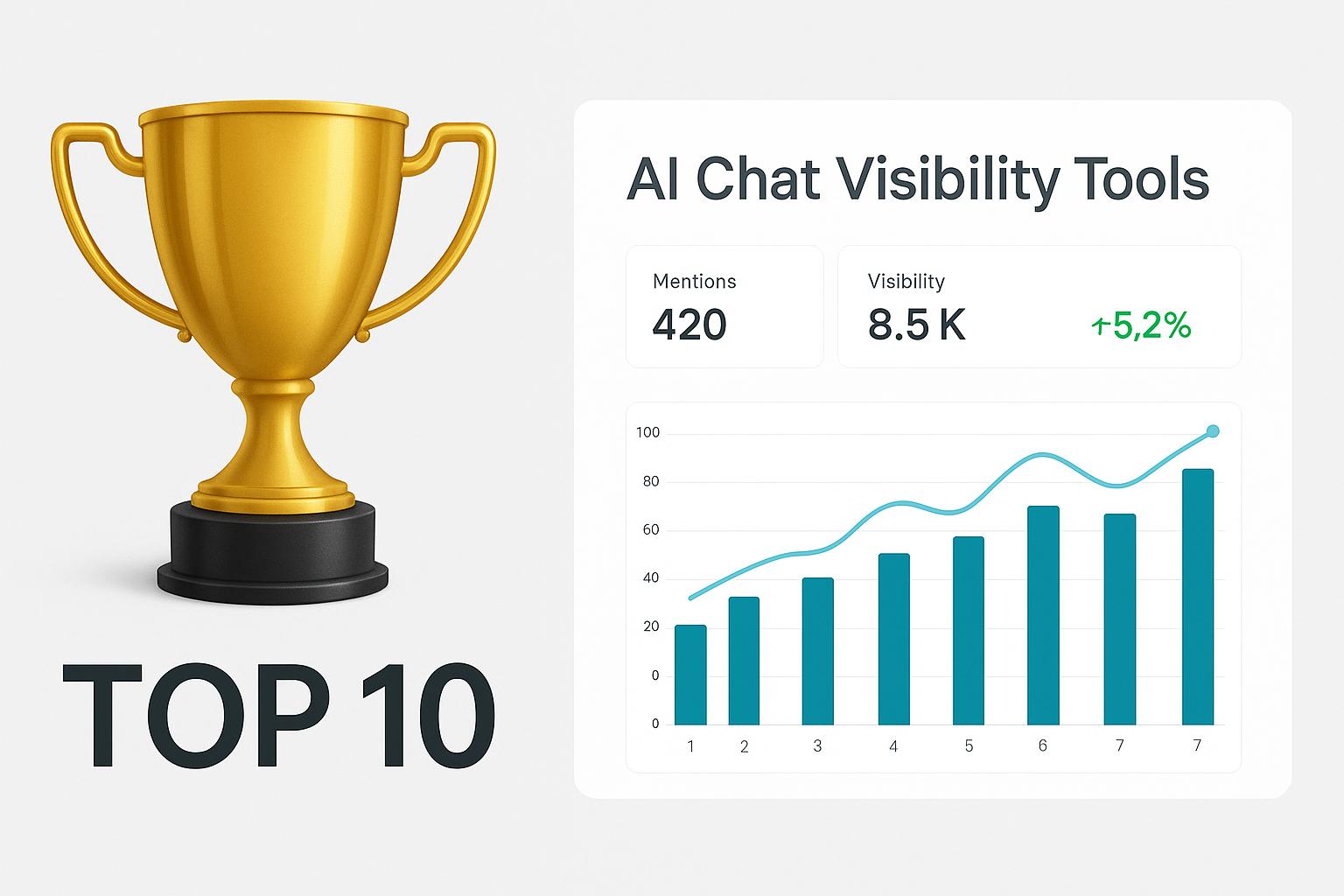
10 Best Tools for ChatGPT & Google AI Visibility (2025)
Struggling with AI search visibility? Discover the top 10 tools to optimize your content for ChatGPT, Google AI Overviews, and more.
RivalSee Team
12 min read
AI SEO Tools
Searching for cost-effective Profound AI SEO monitoring alternatives? Explore affordable AI SEO tools for businesses, compare pricing, and find the best platform to track your visibility in AI-generated answers.
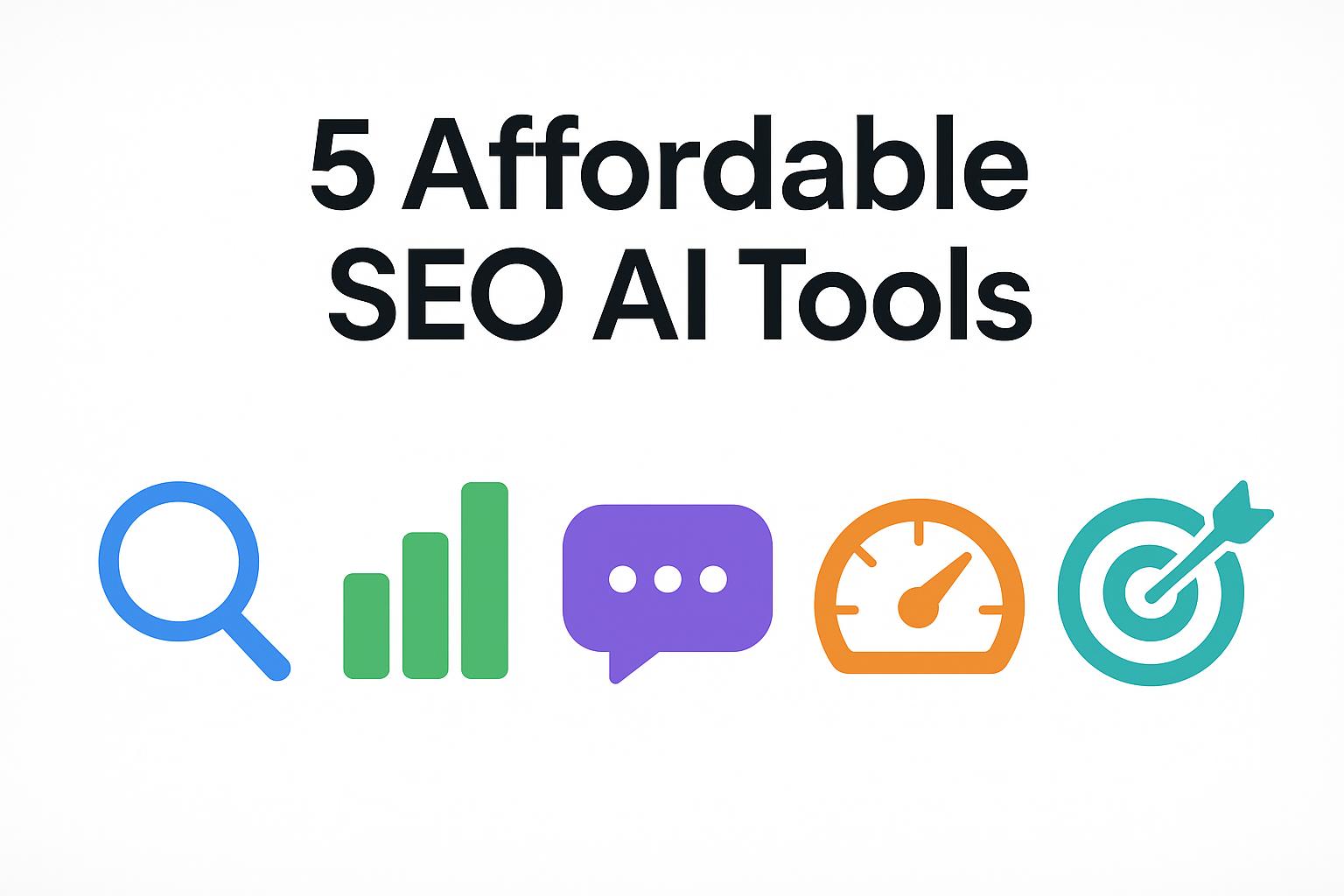
The world of search is undergoing its most significant transformation in a decade. The rise of generative AI assistants like ChatGPT, Google’s AI Overviews, and Perplexity is reshaping how users find information, discover products, and interact with brands. This new frontier has given birth to a new discipline: AI Optimization (AIO), the practice of ensuring your brand is visible and favorably mentioned in AI-generated responses.
Platforms like Profound AI have emerged as powerful players in this space, offering deep analytics for enterprise-level clients. However, their premium features often come with a premium price tag, leaving many small to mid-sized businesses searching for more accessible solutions.
If you’re looking to monitor your AI search visibility without allocating a massive budget, you’re in the right place. This guide explores the best cost-effective Profound AI SEO monitoring alternatives, breaking down their strengths, weaknesses, and ideal use cases. We’ll help you find the right tool to measure and improve your presence in the new era of AI-powered search.
For years, Search Engine Optimization (SEO) has been a game of keywords, backlinks, and rankings on a list of blue links. AI Optimization is different. Instead of just ranking for a keyword, the new goal is to be cited, mentioned, and recommended within a conversational, synthesized answer generated by a Large Language Model (LLM).
AI SEO monitoring is the process of systematically tracking how, when, and where your brand, products, and key messages appear in these AI responses. It answers critical questions like:
Failing to monitor this new landscape is like flying blind. While you continue optimizing for traditional search engines, your competitors could be capturing the attention of users who have already shifted to AI-first discovery. This is especially true for e-commerce, where being recommended by an AI can directly influence a purchasing decision, making it vital to find the best AI-powered SEO platforms for retail businesses.
For a deeper understanding of how AI SEO differs from traditional SEO, check out our complete guide to SEO vs. AI SEO.
To understand the need for alternatives, it helps to contextualize Profound’s market position. While Profound doesn’t publicly list its prices, it is widely recognized as an enterprise-grade solution.
What does “enterprise-grade” typically mean for pricing?
The core issue of Profound AI SEO pricing vs competitors is one of scale and accessibility. While its powerful feature set justifies the cost for large enterprises, many businesses need a more agile and affordable entry point into AI SEO monitoring. Fortunately, the market has responded with a new wave of innovative and affordable AI SEO tools for small businesses and mid-market companies.
Here are some of the most effective and accessible platforms that provide powerful AI optimization capabilities without the enterprise-level price tag.
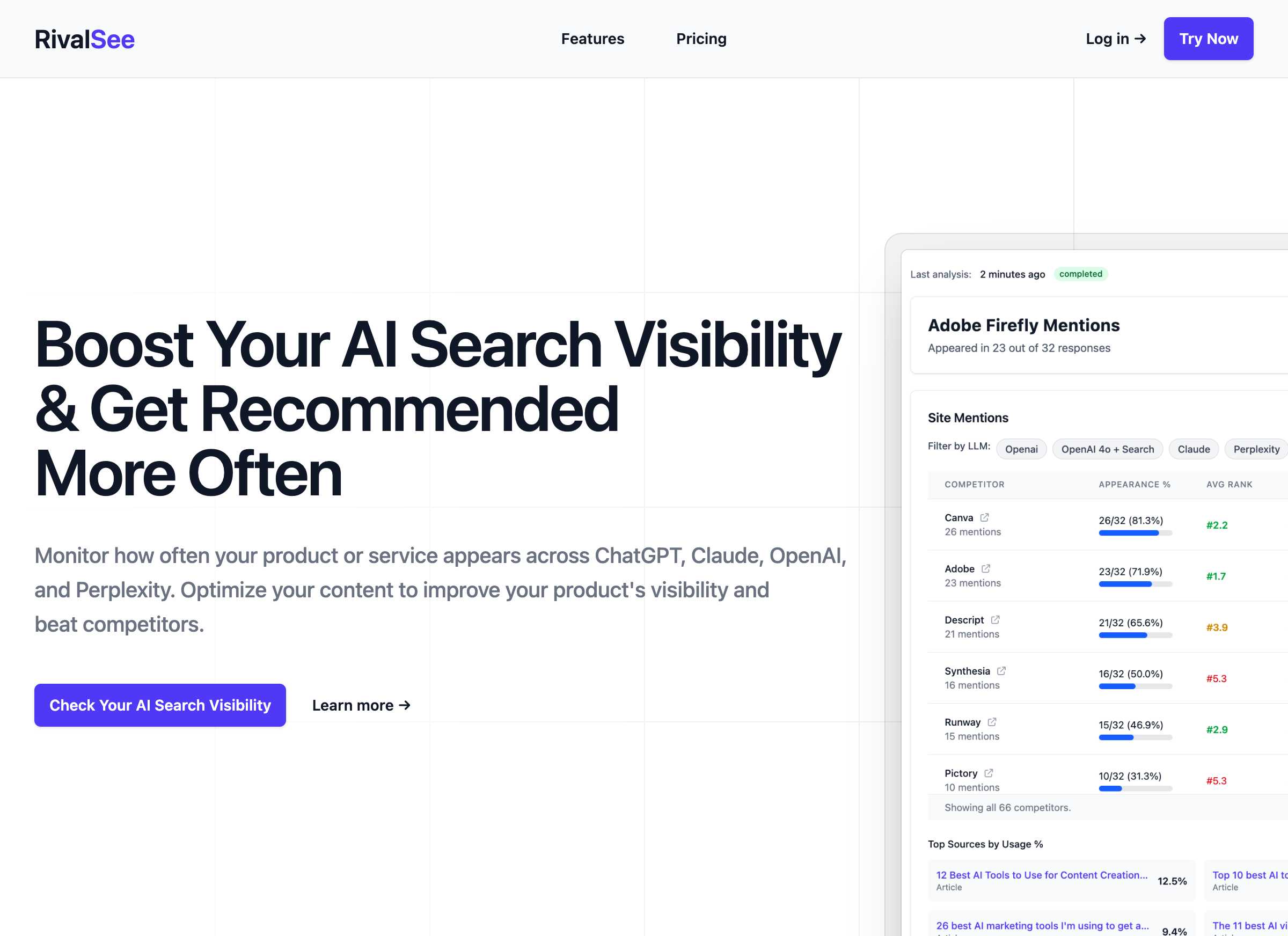
RivalSee is a specialized AI search visibility platform designed specifically to monitor how brands are mentioned in generative AI responses. It’s a direct and powerful alternative for businesses whose primary goal is to track and improve their presence in answers from ChatGPT, Claude, Google AI, Perplexity, and more. What makes RivalSee a standout choice is its unique methodology. It uses persona-driven conversations to simulate real customer queries, providing a much more accurate picture of visibility than simple keyword checks. It’s built for marketers who need actionable data, not just raw numbers.
Key Strengths:
Concerns & Limitations:
Best For: Businesses of all sizes, from startups to established brands, who want a dedicated, easy-to-use tool for tracking and improving their visibility and share-of-voice in generative AI.
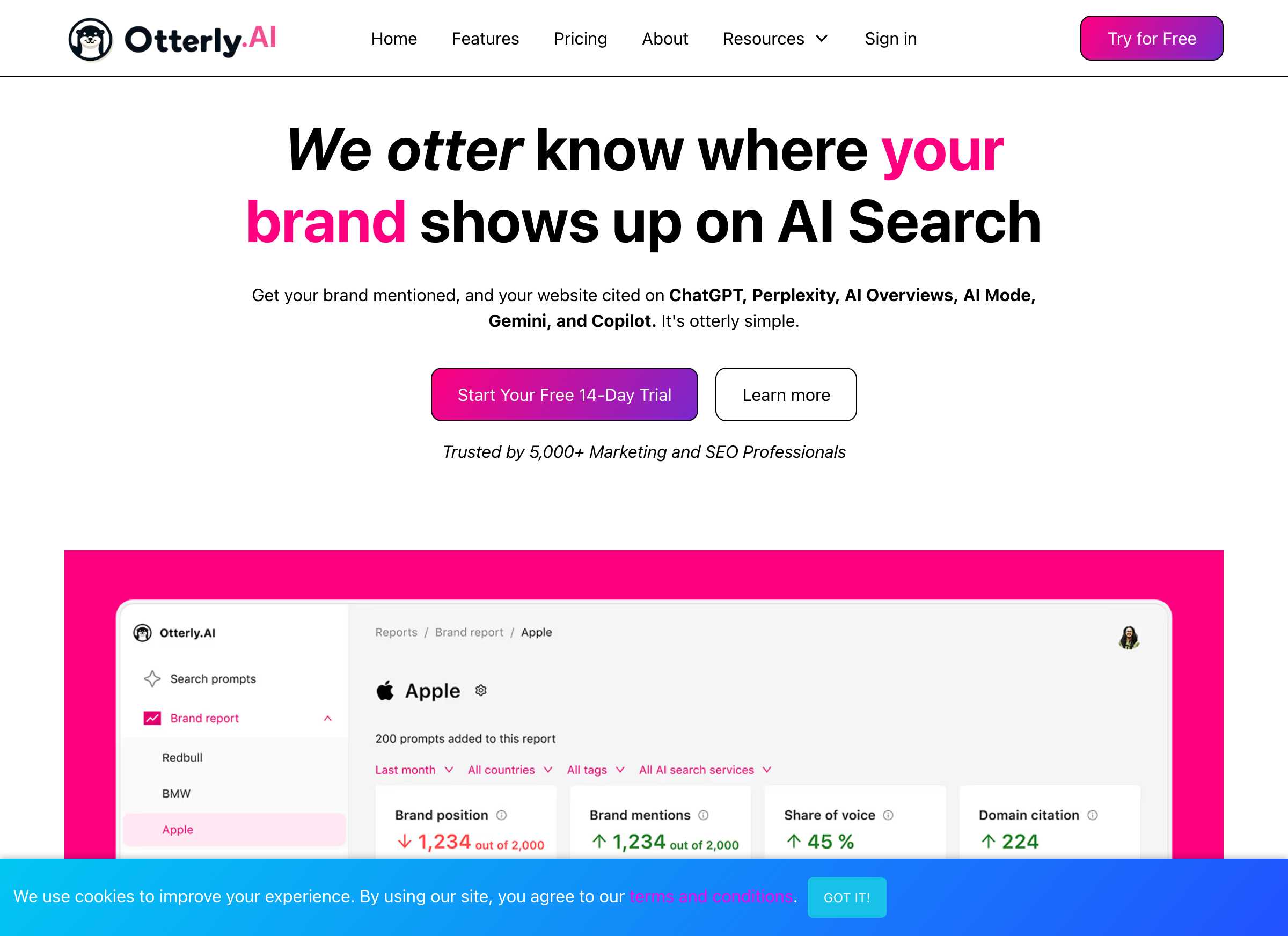
Otterly positions itself as a qualitative AI monitoring tool, focusing on the “why” behind your brand’s mentions. While many tools focus on the frequency of mentions, Otterly dives deeper into the context, sentiment, and sourcing of those mentions. This platform is designed for brand managers and PR teams who need to understand not just if they were mentioned, but how. It analyzes the language used in AI responses to gauge whether a mention is positive, negative, or neutral and identifies which source materials the AI used to form its opinion.
Key Strengths:
Concerns & Limitations:
Best For: Brand managers, public relations teams, and content strategists who are more concerned with the quality and reputation of their AI mentions than just the raw count.
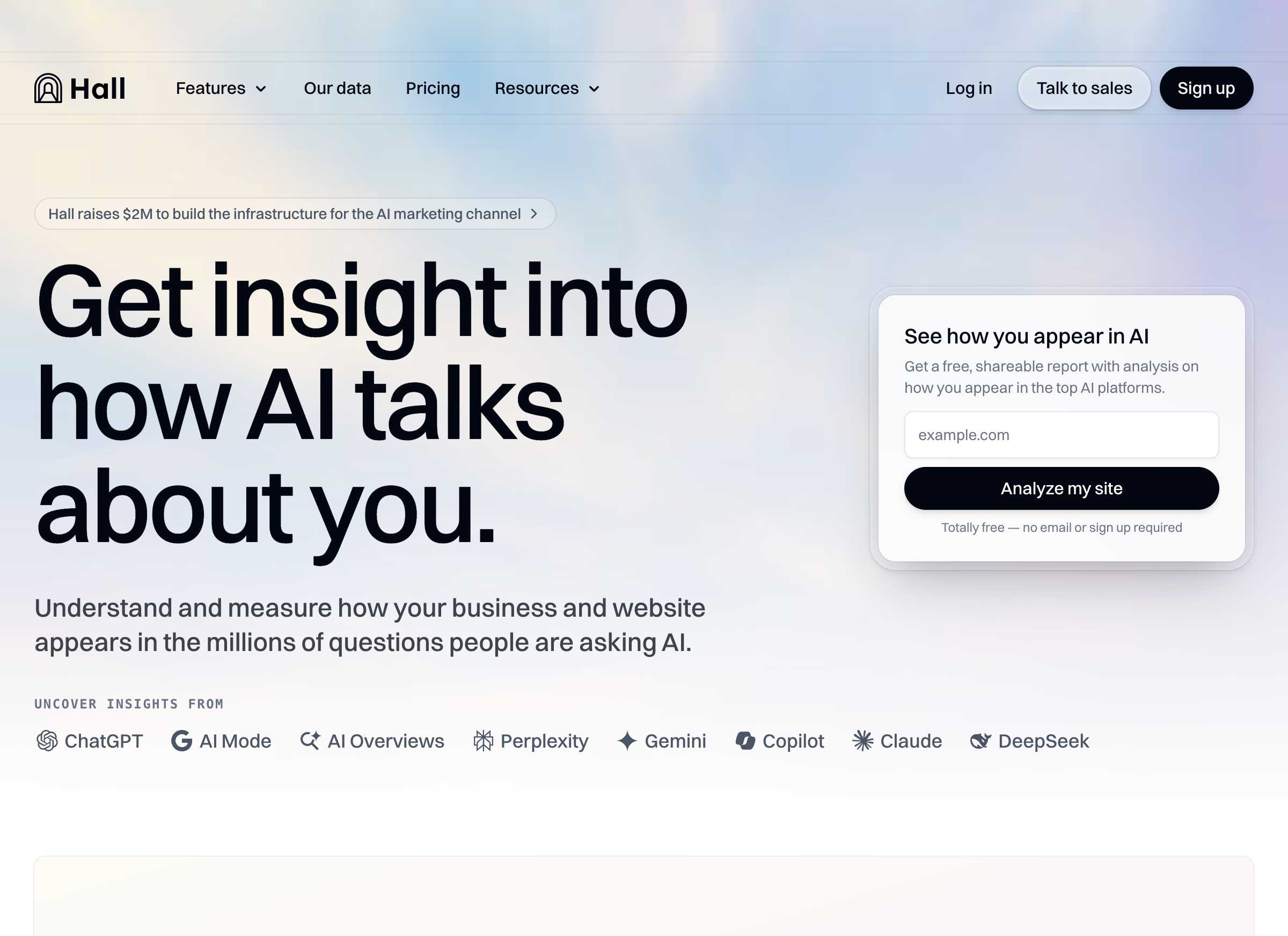
Hall is an AI Answer Engine Optimization (AEO) platform focused on tracking brand visibility and identifying the specific source content that AI models cite. It provides a straightforward way for marketers to see if their content is being used in AI answers and to benchmark their performance against competitors. Its primary value proposition is connecting AI mentions directly back to the content that earned them.
Key Strengths:
Concerns & Limitations:
Best For: SEOs and content marketers who want a clear, data-driven link between their published content and its performance in AI answer engines.
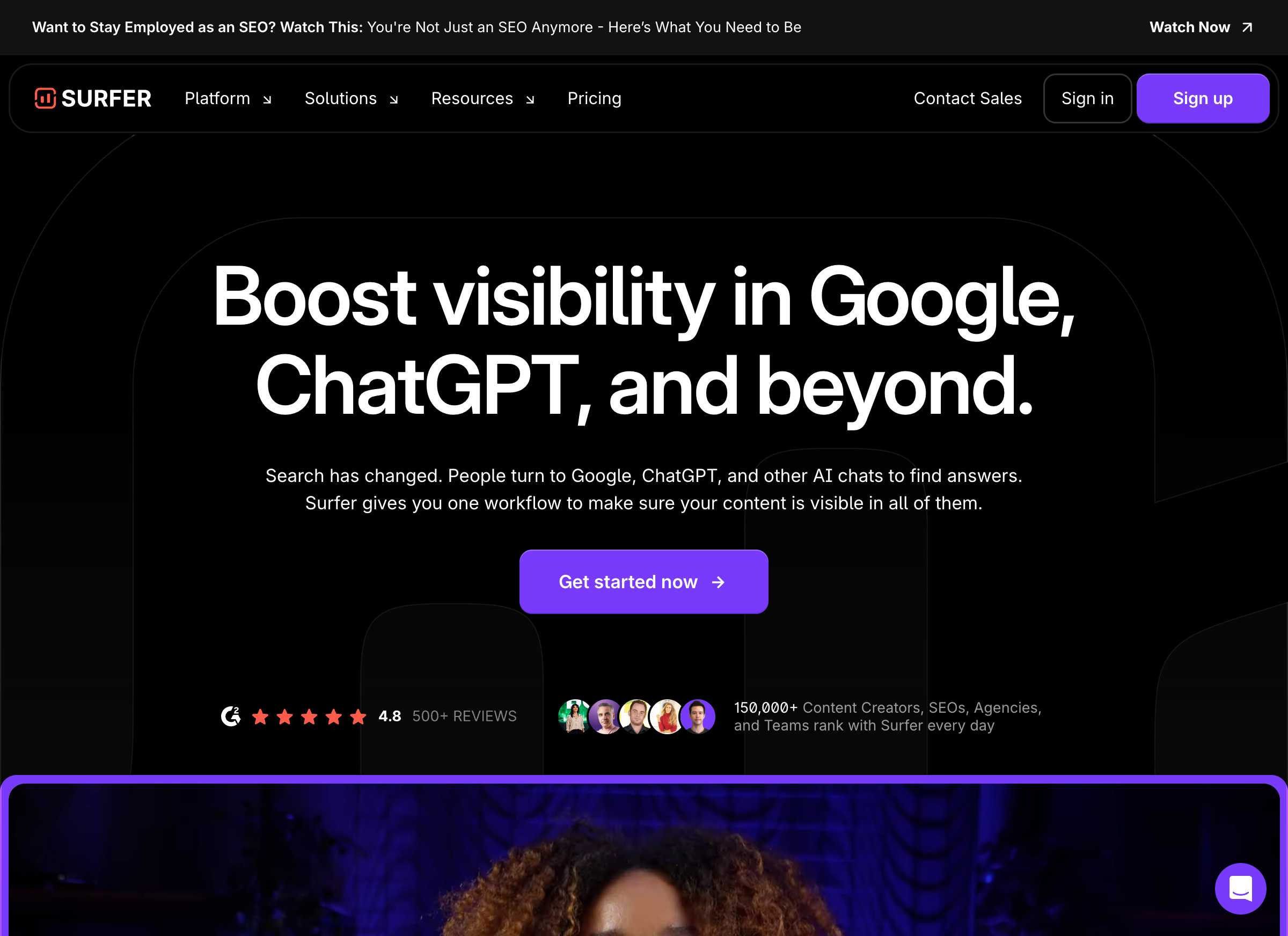
Surfer SEO has long been a favorite for content-driven SEO professionals. While its core function is content optimization, it has intelligently integrated AI to help users create content that performs well in both traditional and AI-powered search. Surfer uses AI to analyze top-ranking pages and provides a data-backed roadmap for creating comprehensive content. It helps you build the topical authority that LLMs rely on when formulating answers.
Key Strengths:
Concerns & Limitations:
Best For: Content teams and SEOs focused on the creation part of AI optimization. It’s less of a monitoring tool and more of a pre-emptive optimization platform.
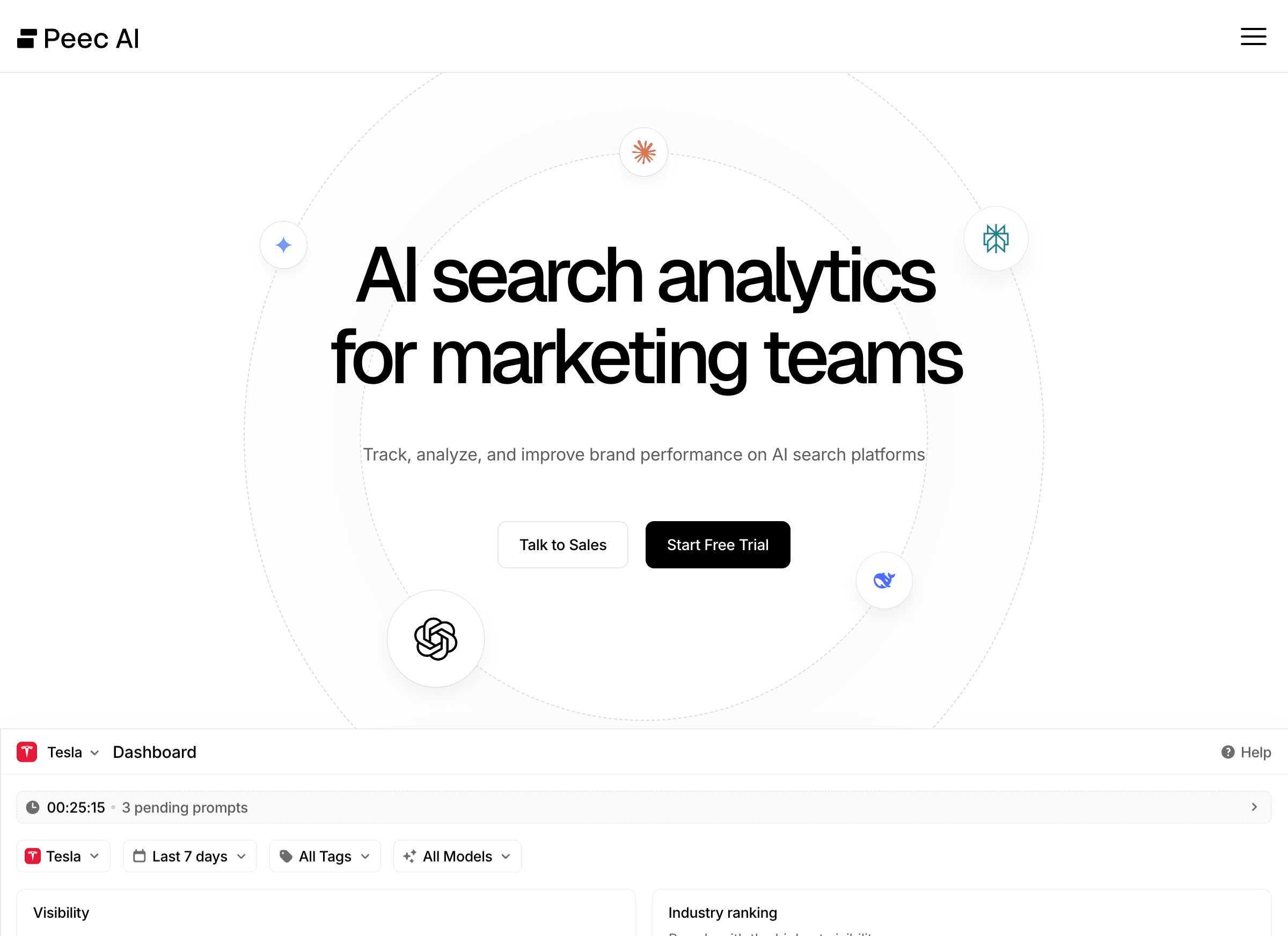
Peec is an AI monitoring tool built for the technically inclined. It takes an API-first approach, providing raw data access for developers, data scientists, and agencies that want to build custom dashboards or integrate AI visibility data into their existing business intelligence (BI) tools. Instead of a polished user interface, Peec focuses on providing flexible, powerful, and granular query capabilities through its API. Users can control variables like the AI model’s “temperature” (randomness) to run sophisticated testing scenarios.
Key Strengths:
Concerns & Limitations:
Best For: Technical SEOs, data analysts, and marketing agencies with in-house development resources who need maximum flexibility and control over their AI monitoring data.
Navigating the landscape of affordable AI SEO tools for small businesses can be tricky. Here’s a checklist to help you decide.
First, clarify your primary goal. Are you trying to create content that might get picked up by AI, or are you trying to measure if your efforts are working?
The AI landscape is fragmented. A user might ask a question on ChatGPT, another on Perplexity, and a third might see a Google AI Overview. Your tool should be able to monitor the platforms that matter most to your audience. Check which AI models the platform tracks and how often the data is updated.
For those seeking the best AI-powered SEO platforms for retail businesses, the requirements are more specific. You need to track product name mentions, comparisons (“Brand X vs. Brand Y”), and location-based queries. The ability to simulate different customer segments is invaluable. For example, a platform like RivalSee lets you use persona-driven queries to simulate a “budget-conscious shopper in New York” versus a “luxury buyer in California,” providing a deeper level of market intelligence.
Look beyond the sticker price. Understand the pricing model. Is it per seat, per project, or based on the number of queries you can run? A technical tool like Peec might price based on API calls, whereas a UI-driven platform might use a seat-based model. Choose a model that aligns with your expected usage and can grow with your business.
Ready to get started? Here’s a simple, five-step plan to begin transitioning your SEO strategy toward AI. For more detailed guidance on tracking your AI mentions, see our complete guide to tracking AI mentions.
The emergence of AI search doesn’t mean traditional SEO is obsolete. It means the game has evolved. While enterprise solutions like Profound offer immense power, the market is rich with cost-effective Profound AI SEO monitoring alternatives that deliver incredible value and actionable insights for businesses of any size.
The key is to choose a tool that aligns with your primary objective. For building the foundational content, platforms like Surfer SEO are excellent. For the critical task of measuring your actual visibility and share-of-voice inside AI responses, a specialized monitoring platform is non-negotiable.
Your next step is clear: Begin by evaluating your current AI visibility. Formulate a few key questions your customers would ask, and see who AI platforms recommend. Then, explore one of the affordable tools mentioned in this guide to begin tracking, optimizing, and ultimately winning in this exciting new search landscape.

Struggling with AI search visibility? Discover the top 10 tools to optimize your content for ChatGPT, Google AI Overviews, and more.
RivalSee Team
12 min read
Discover the top AI visibility tracking tools for digital marketing agencies to monitor brand mentions, optimize for generative AI, and benchmark against competitors.
RivalSee Team
14 min read
Learn how to track brand mentions in AI-generated content. Discover the best AI content monitoring tools and strategies to measure your brand's visibility in ChatGPT, Claude, and more.
RivalSee Team
12 min read
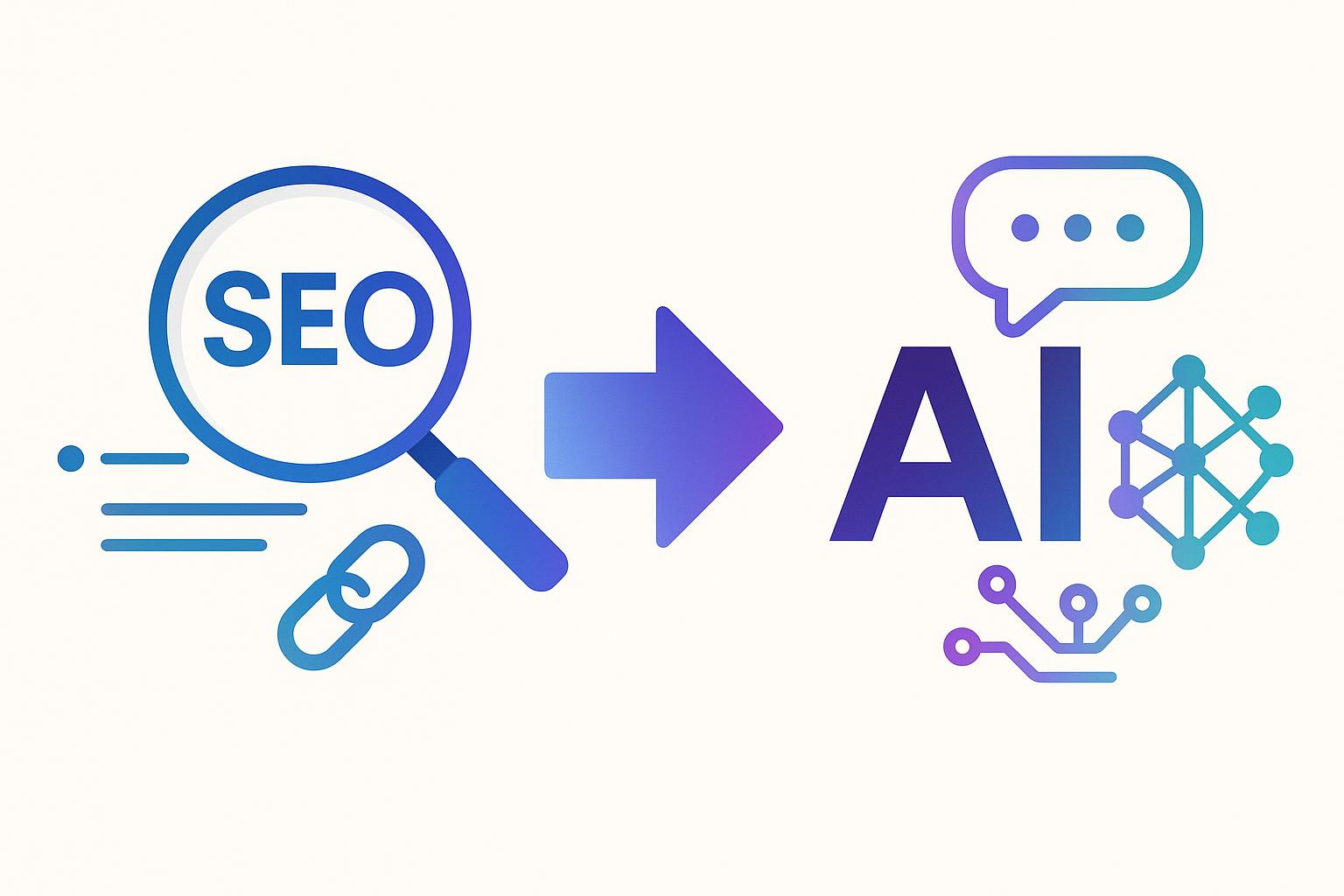
Discover the critical differences between traditional SEO and AI SEO, and learn how to adapt your strategy for the AI-powered future of search.
RivalSee Team
15 min read
Continue learning with these related insights.
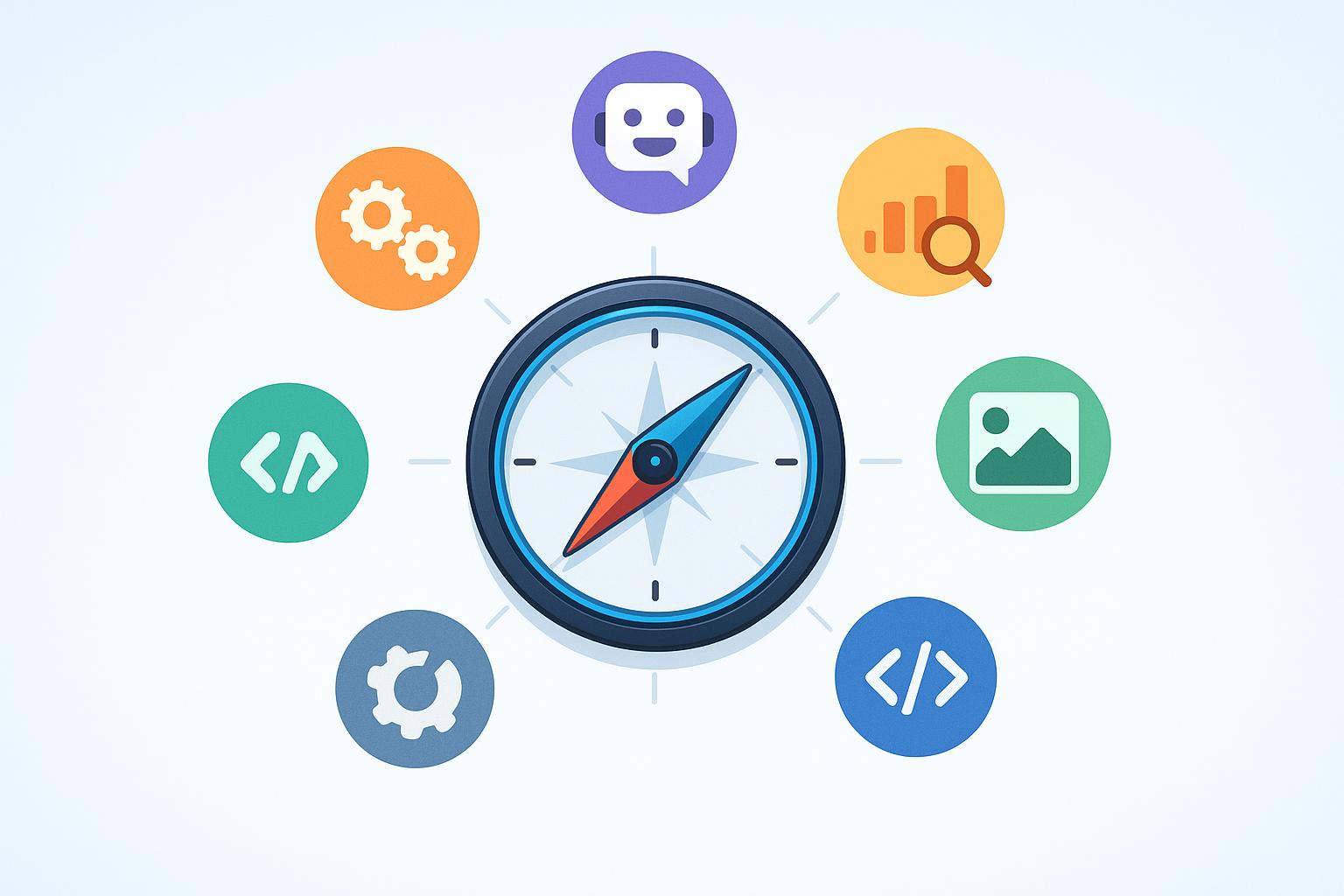
Discover the best AI SaaS listing platforms and tool directories for 2026. Our ultimate guide reviews top sites to find, review, or promote your AI startup.
Rivalsee Team
12 min read
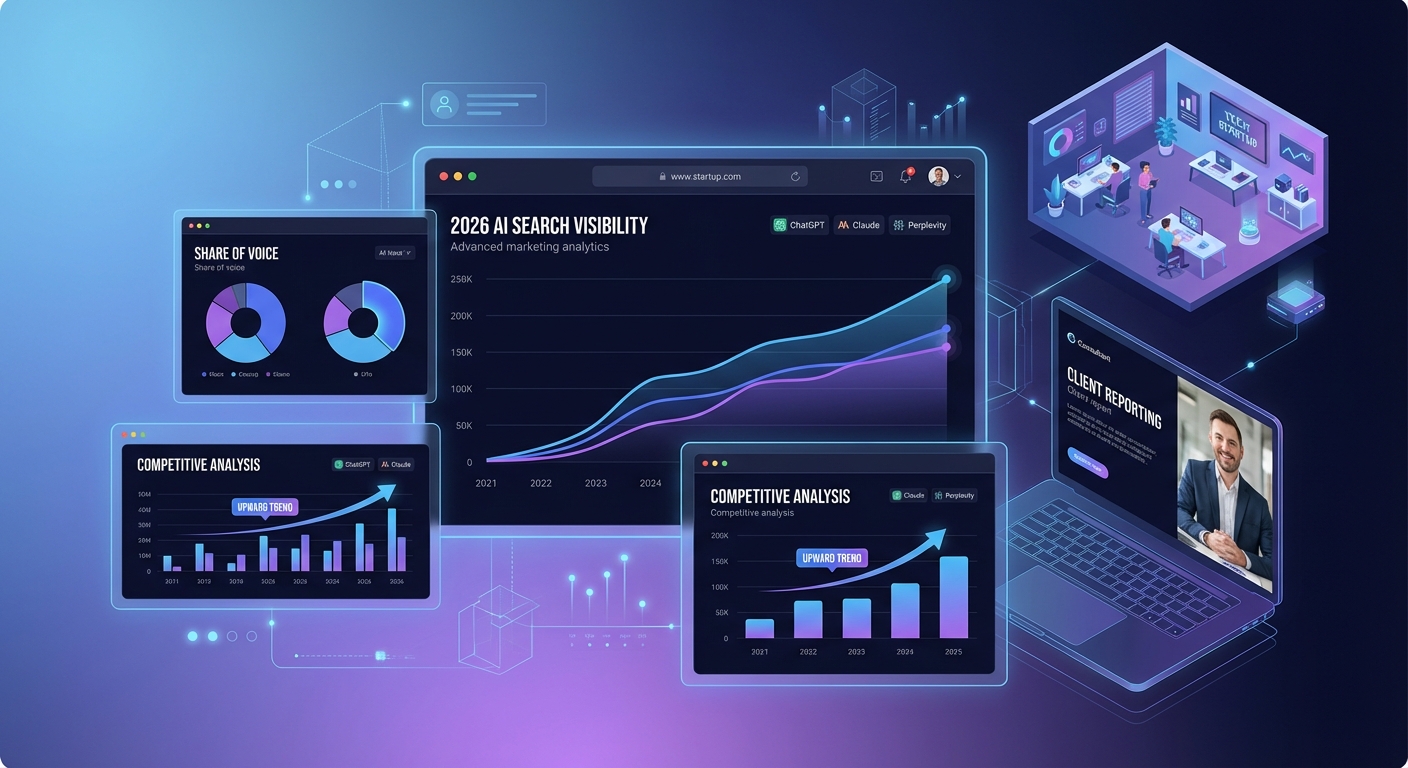
Discover the top AI search visibility and generative engine optimization tracking platforms that help agencies monitor and improve client performance in ChatGPT, Claude, and other AI engines.
RivalSee
12 min read

Discover methods and tools to check if your competitors are mentioned in AI-generated answers from ChatGPT, Claude, and Perplexity, and how to improve your brand's AI visibility.
RivalSee Team
14 min read